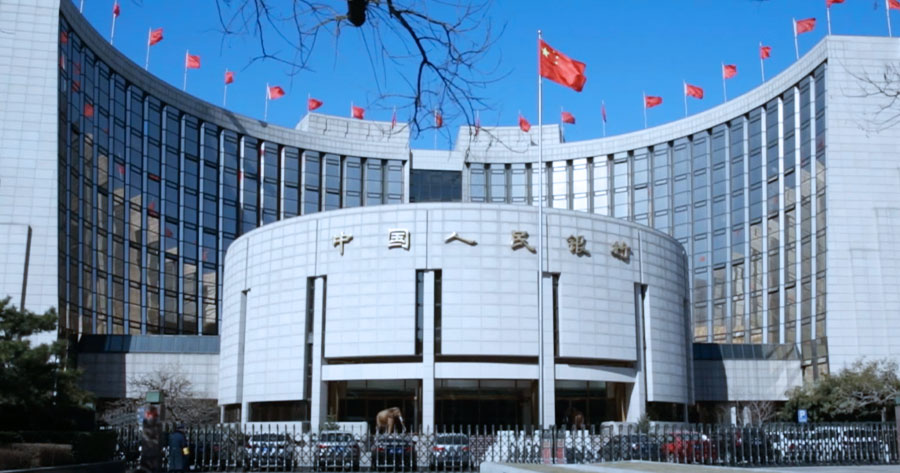The People’s Bank of China (PBOC), on Friday, has launched two funding schemes aimed at injecting 800 billion yuan ($112.38 billion) into the stock market through newly created monetary policy tools.
The central bank elaborated on the mechanics of the swap and relending programs unveiled at the end of September, with the objective of bolstering the “stable development” of capital markets. China’s recent bullish market rally has started to taper off, transitioning from optimism to prudence concerning the scale and execution of the stimulus.
The first initiative, a swap scheme worth 500 billion yuan, allows brokerages, fund management firms, and insurers to obtain liquidity from the central bank by using assets as collateral for stock purchases. So far, 20 companies have been approved to participate, with initial applications surpassing 200 billion yuan.
The second scheme, a relending program worth 300 billion yuan, enables financial institutions to borrow from the PBOC for the purpose of financing share acquisitions by listed firms or their major shareholders. The interest rate for the one-year relending facility is set at 1.75%, with 21 qualifying financial entities eligible to apply for these loans at the beginning of each quarter.
The announcements followed a gathering between China’s financial regulators and major financial entities, during which the institutions were encouraged to promptly execute expansive policies to bolster both the economy and capital markets.





